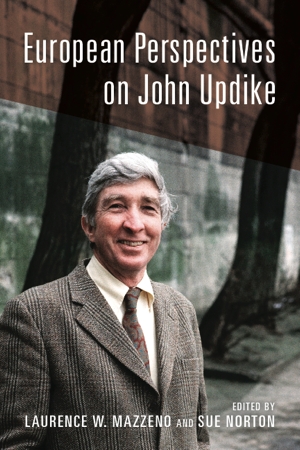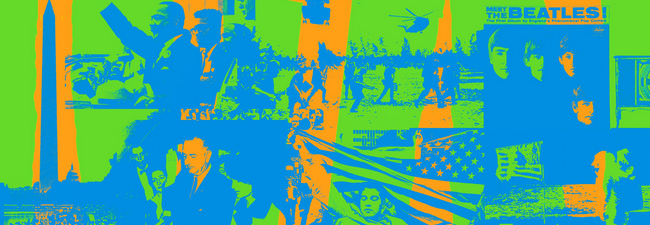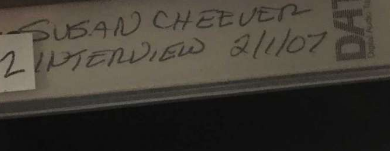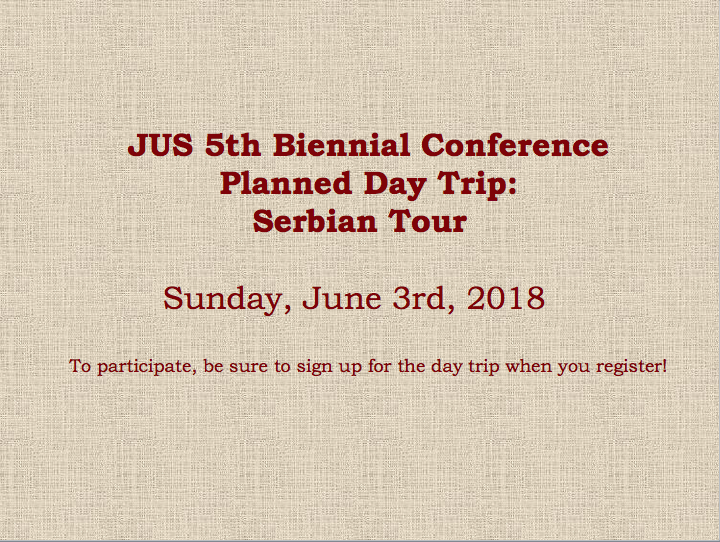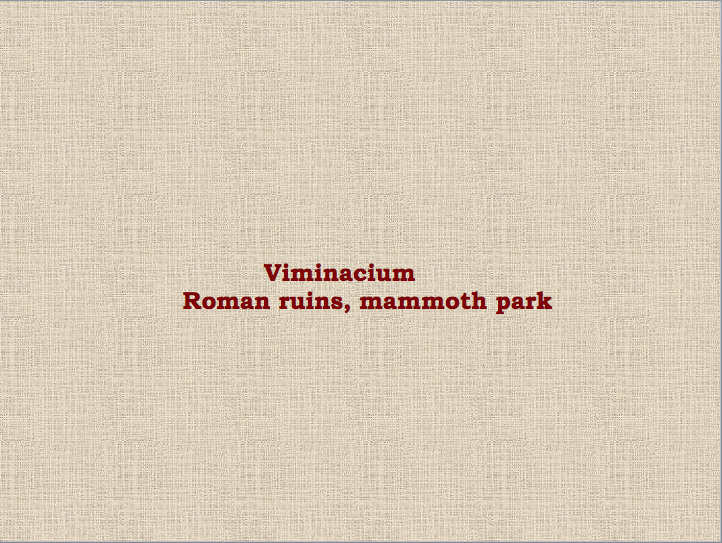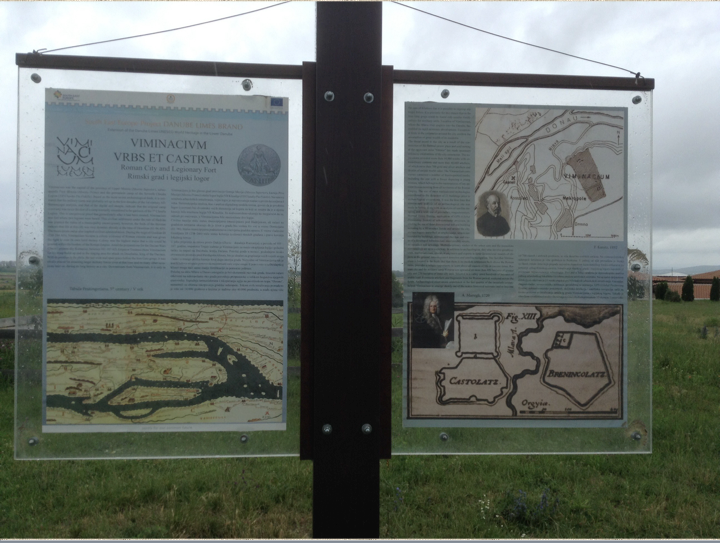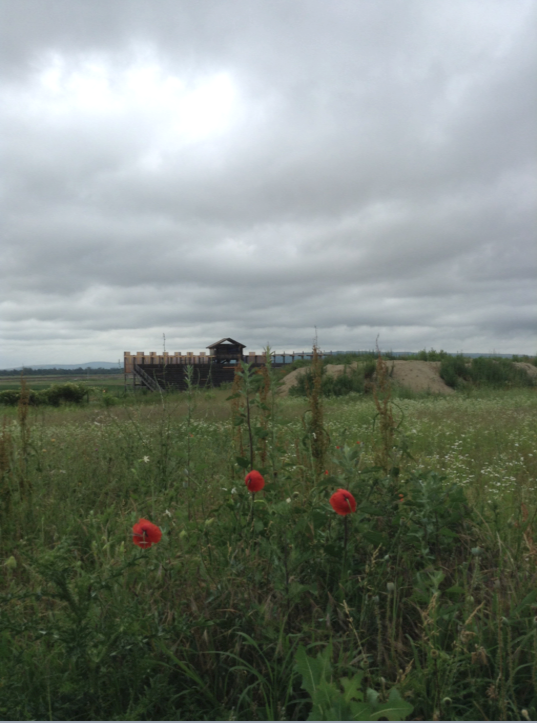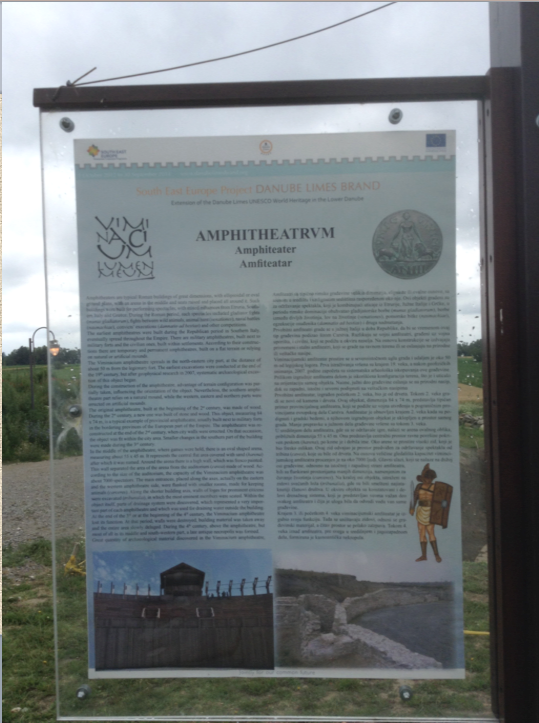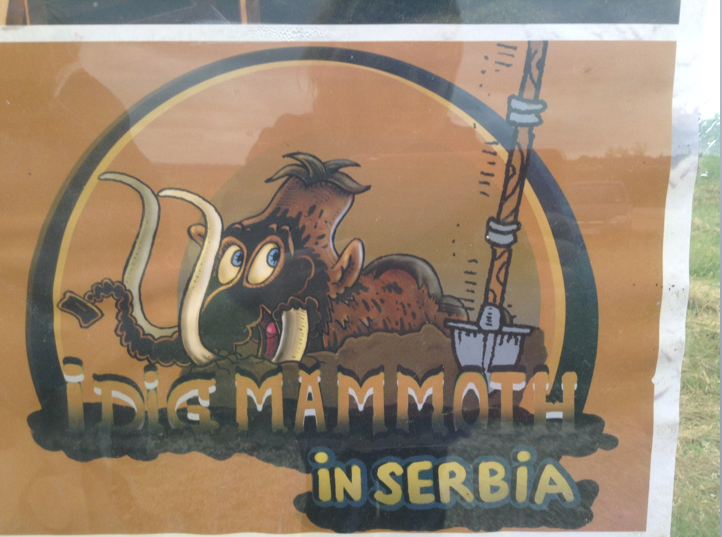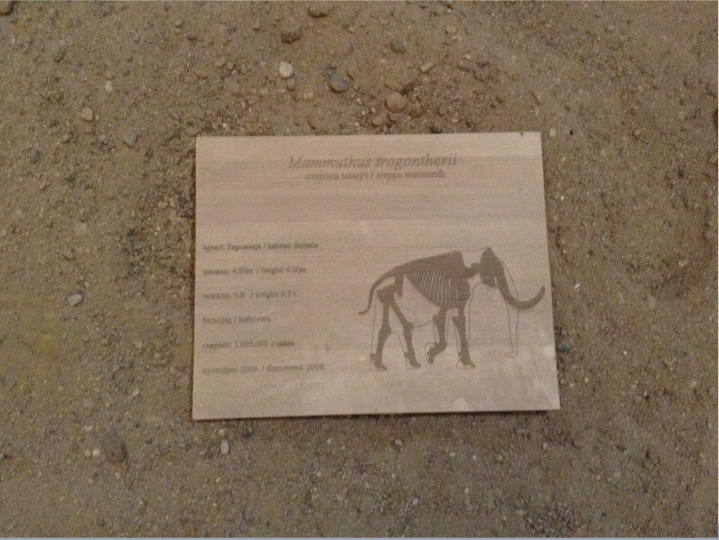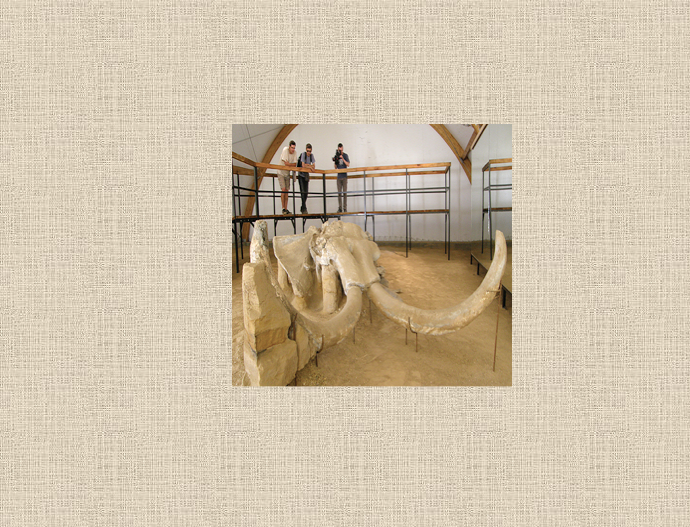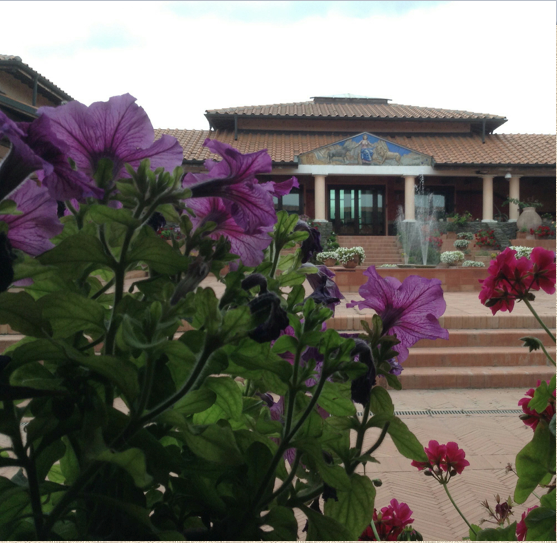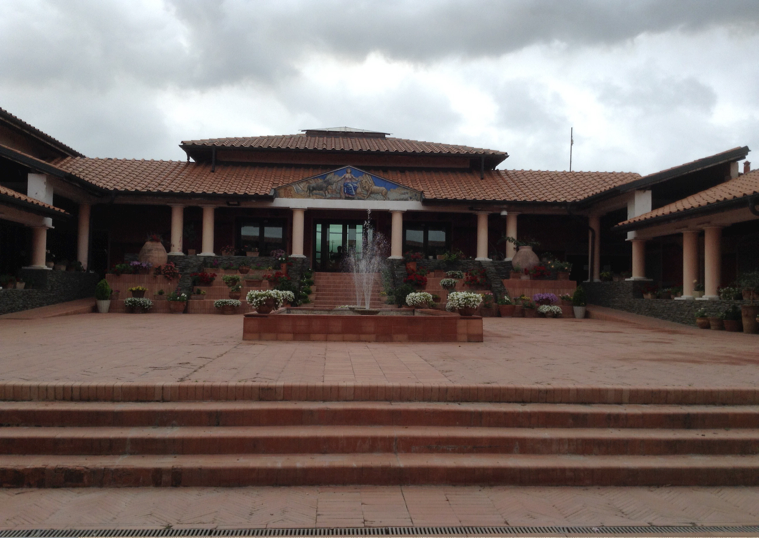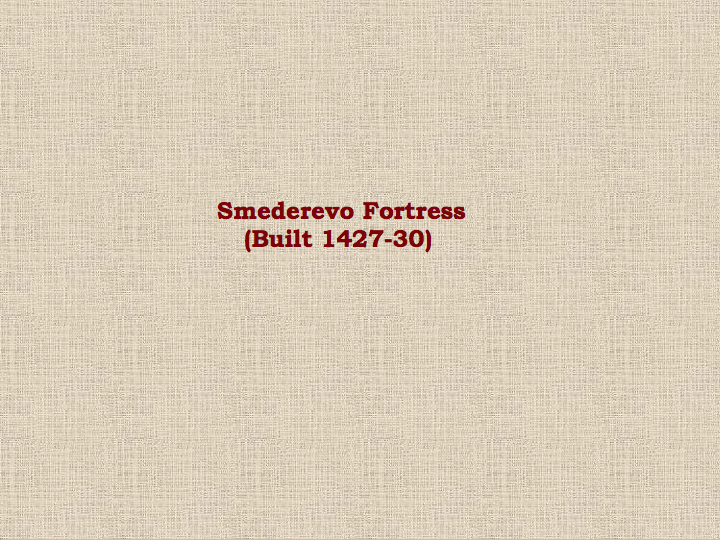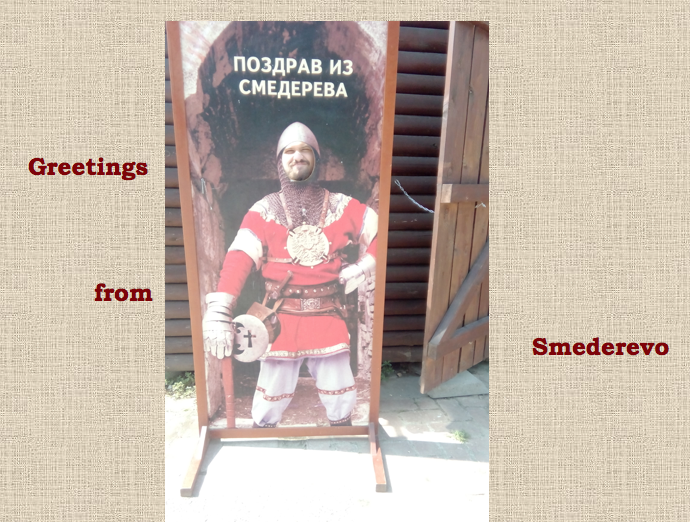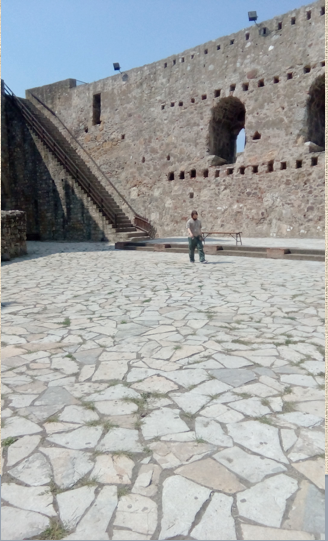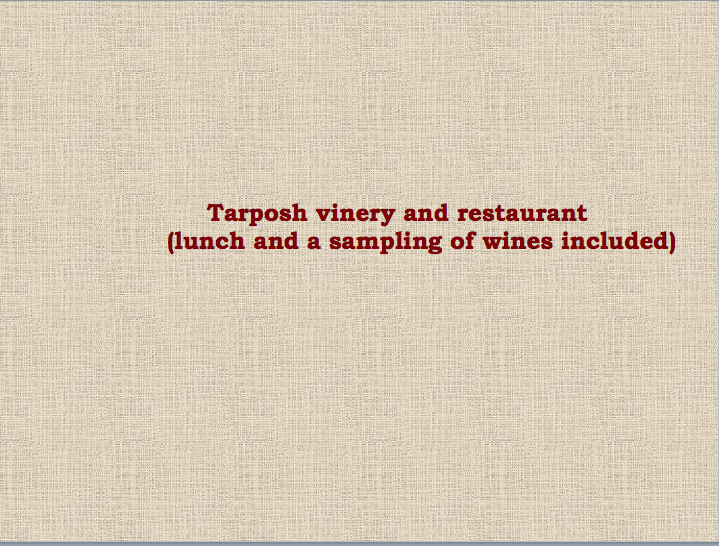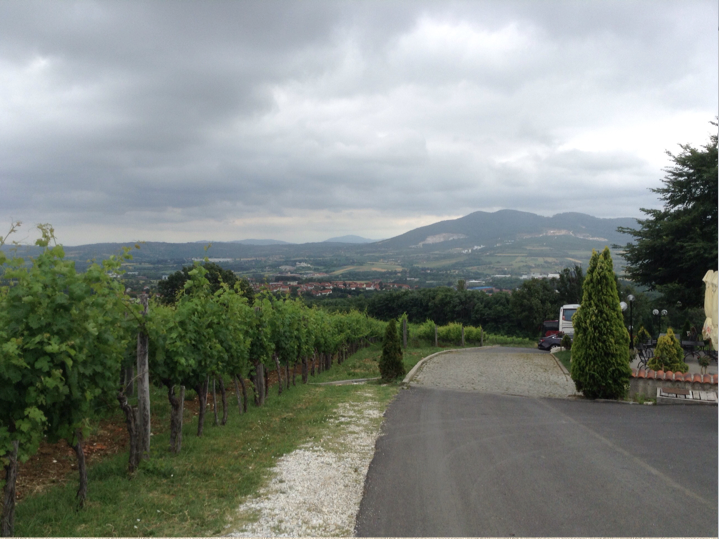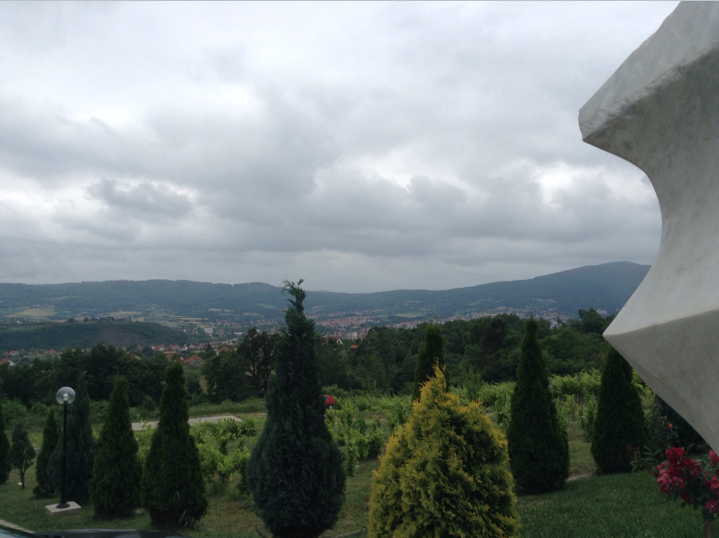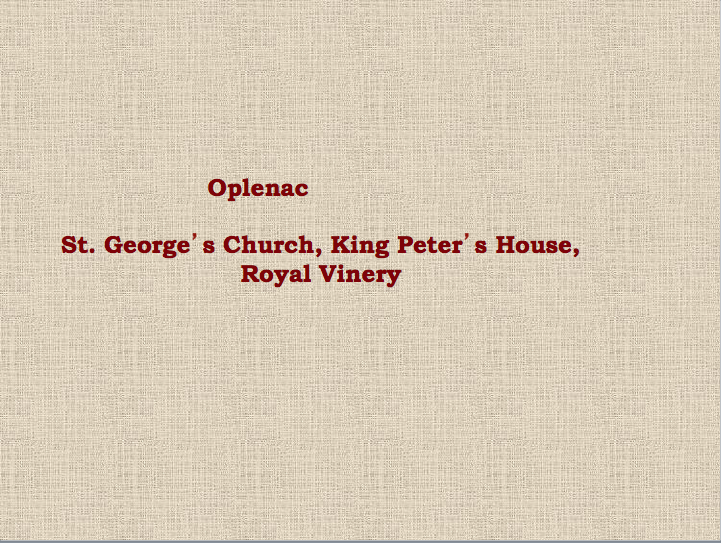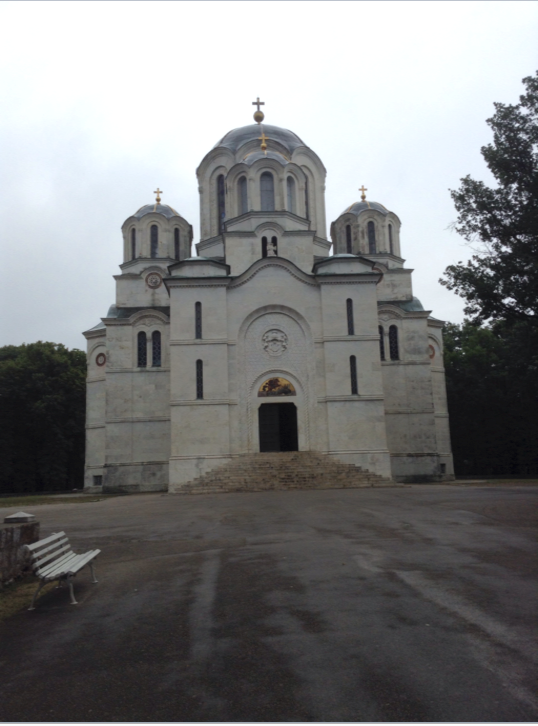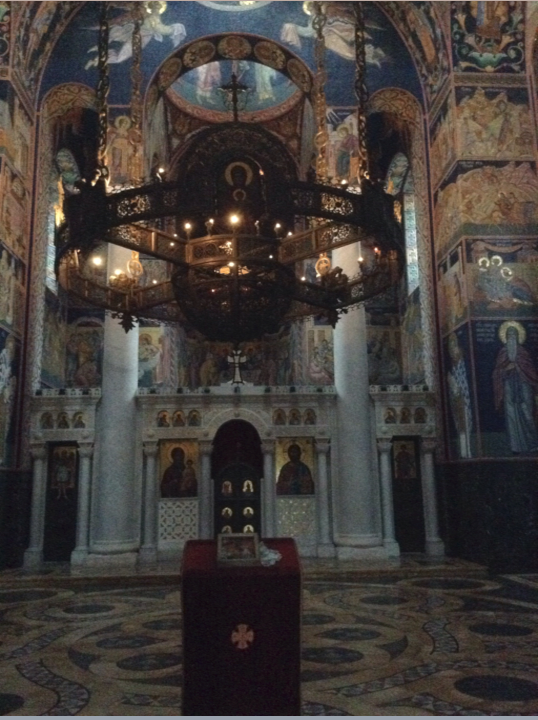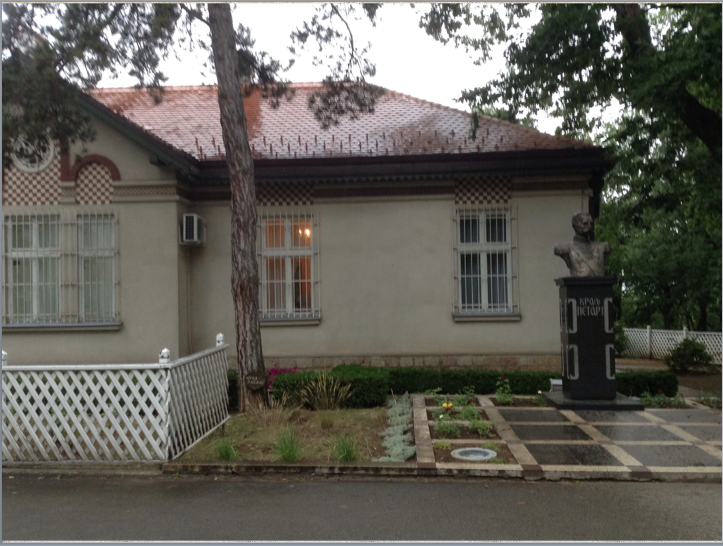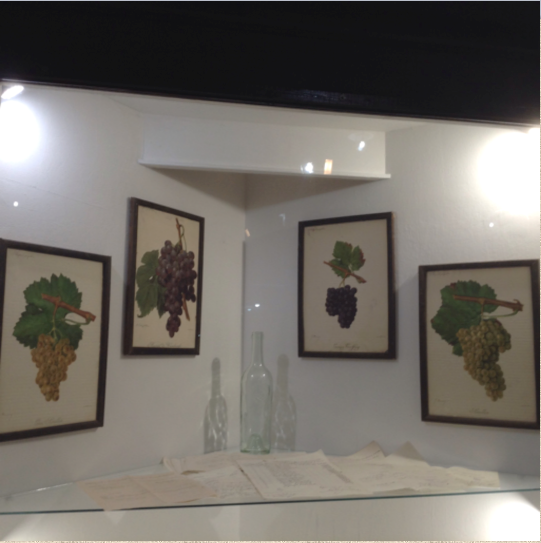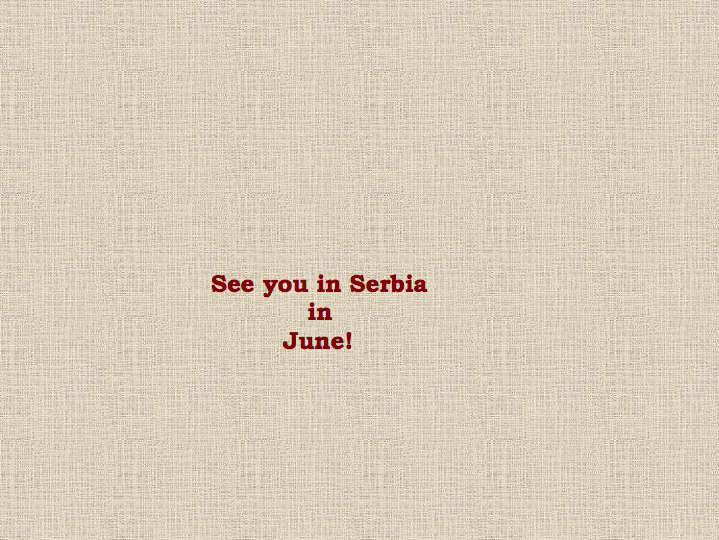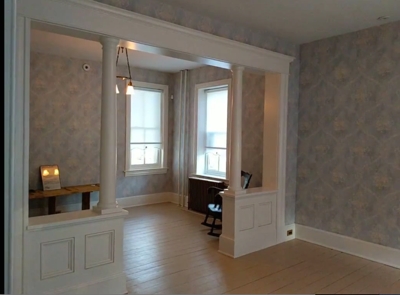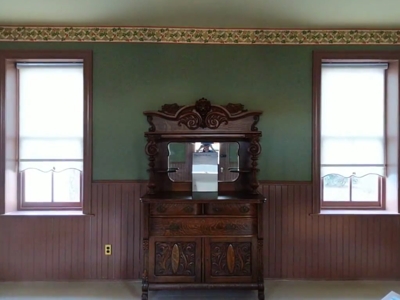 Is there anything more difficult than finding the time to write a proposal for a paper topic for an academic conference when you’re up to your elbows in class prep and student papers to grade?
Is there anything more difficult than finding the time to write a proposal for a paper topic for an academic conference when you’re up to your elbows in class prep and student papers to grade?
But if you want to be a part of the historic first John Updike Society conference outside the U.S., there’s still a chance. The 5th Biennial John Updike Society Conference will be held 1-5 June 2018 at the Faculty of Philology, University of Belgrade. Conference director Biljana Dojcinovic has announced that the deadline for proposals for conference papers has been extended to February 15. All hotel rooms must be booked by March 1, because Belgrade has become an extremely popular tourist destination and early summer the weather is beautiful.
Roundtable discussion panel ideas will also be accepted, if you and colleagues prefer to work in that format rather than presenting a paper and then facing questions afterwards. If you propose a roundtable discussion, please be sure to include the names of all proposed participants—usually four or five.
Details on how to submit a proposal are included below in the PDF registration packet for the conference. Here too you’ll find a tentative schedule of events and tours and details on keynote speakers.

